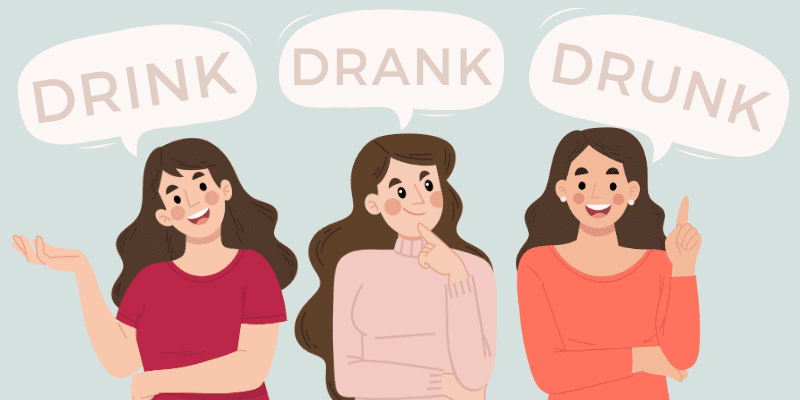Disdain or distain
Disdain can be either a noun or a verb. As a noun disdain means the general attitude of something or someone being beneath consideration or not valuable enough for respect. The verb form is transitive, or used with an object. To disdain something is to mock it or judge it poorly. One can also disdain an action, in other words, refuse to complete the action because one has deemed it beneath consideration or unworthy. The adjective form is disdainful, which describes something or someone has having a lack …
